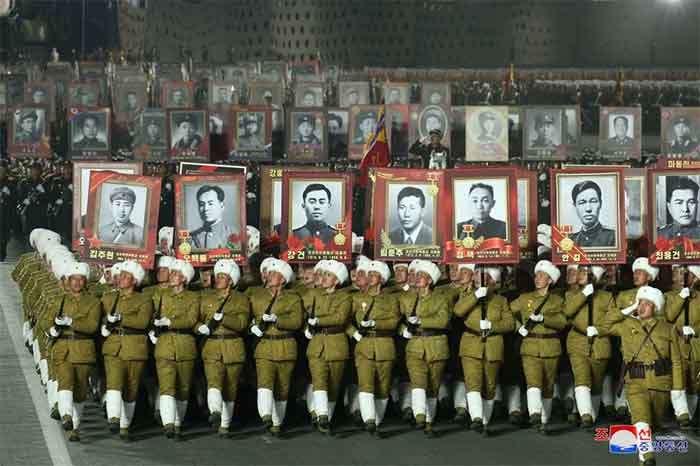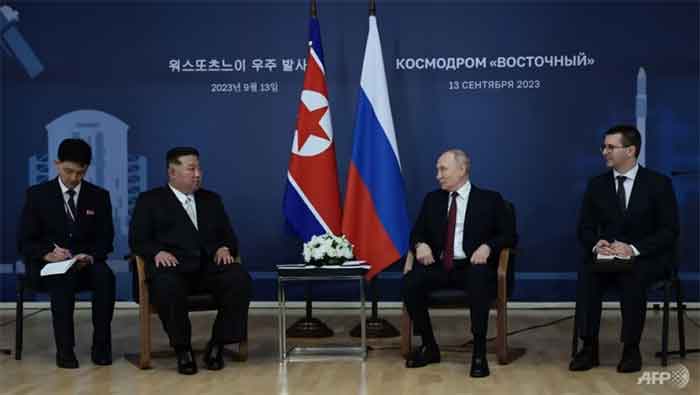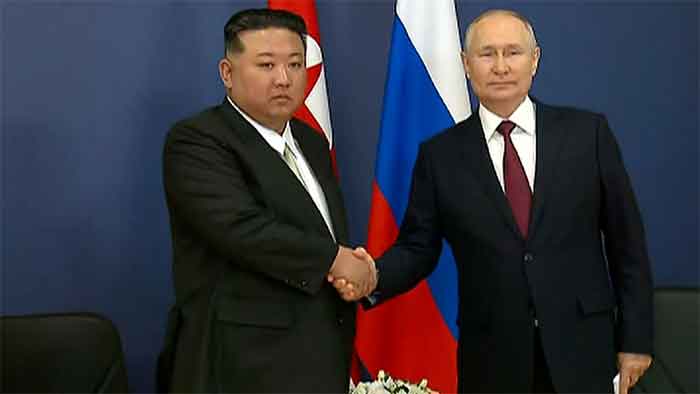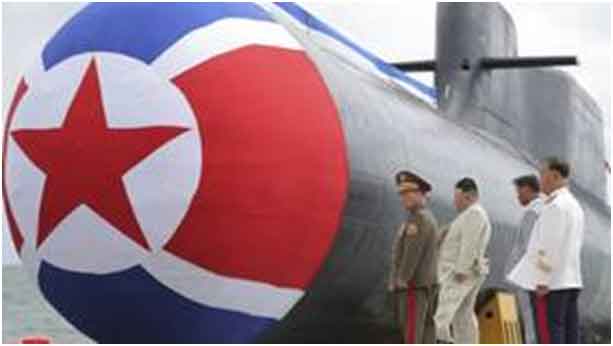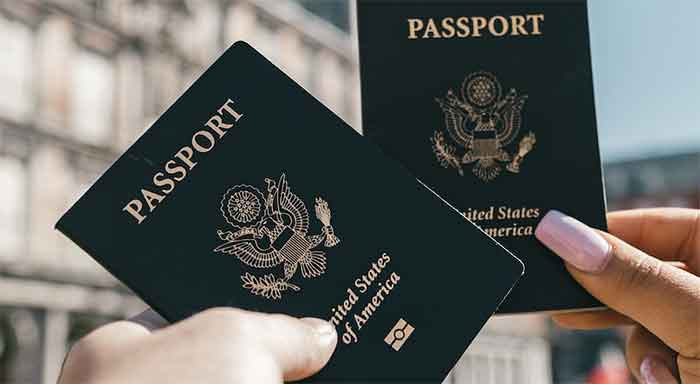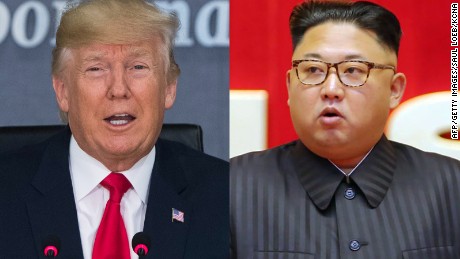
With the icicles still glinting with the closing ceremony of the Pyeongchang Winter Olympic games, US President Donald Trump, like any disgruntled child, wanted to reassert his relevance. Little Rocket Man had assumed diplomatic pose, or at the very least adopted a stance of considered caution towards his South Korean counterparts. While the US seemed stubborn and sulky, South Korea seemed encouraged, taking Pyongyang’s gestures to heart.
This could hardly have been easy for a playtime president. He had been, to some extent, shaded by the spectacle of two Koreas marching and competing together, and murmurings of a possible summit between Kim Jong-un and South Korea’s Moon Jae-in.
The sentiment had been conveyed via an invitation from Kim’s sister, Kim Yo-jong, that the two leaders meet. “I hope President Moon will,” claimed Kim’s sibling envoy with historical purpose, “take the leading role to open a new chapter for unification and accomplish a legacy that will be remembered for long.”
During the Olympics, US Vice-President Mike Pence decided to damn such efforts with faint praise. “For all that President Moon has done in outreach and discussions around the Olympics and inter-Korean talks, there is no daylight between the United States and the Republic of Korea and Japan on the need to continue to isolate North Korea economically and diplomatically until they abandon their nuclear and ballistic missile program.”
Pence affirmed the stance by insisting that, whatever openness might be felt for talks between Washington and Pyongyang, North Korea remained, essentially, a power to be isolated in its refusal to take steps towards nuclear dismantlement. Sanctions, for instance, would continue their biting way. What Pence was essentially pushing for was a diplomatic option – at least for Pyongyang – with fewer bargaining chips and a less crowded deck.
This fumbling has become a policy that resists clarity with stubborn conviction. Sanctions must be used, because they are supposedly eating into the nuclear weapons program. This point is hard to ascertain with any certainty, given that the North Korean Army will always have first dibs at any rationed pie. “There’s no guarantee,” advances former deputy assistant secretary of State for sanctions and counter threat finance Andrew Keller, “that [Friday’s] action will ultimately be effective in preventing the illicit trade in coal and fuel with Pyongyang. As ever, showmanship is Trump’s boastful bread and butter.
On Friday, another round made their dreary appearance. Trump deemed these the “heaviest sanctions ever” delved by a US administration. Debate naturally ensued about the accuracy of the term, though Treasury Secretary Steven Mnuchin was pleased to note that the United States had some 450 sanctions against the DPRK. The Friday bonanza featured some 27 shipping and trade companies, 28 vessels and an individual, all supposedly engaged in illicit trade with Pyongyang.
Whatever the effect of such muscling, it is certainly one that the President wishes to own as his own, even if it risks impairing the roads to diplomatic engagement. On Monday, Trump assailed, in customary fashion, his predecessors on the broader issue of North Korea. Such is the nature of a period he has come to identify as singular, unprecedented, remarkable.
“The Bush administration did nothing. The Obama administration wanted to do something. He told me it’s the single biggest problem. They didn’t do anything. It would have been much easier in those days than it is now.”
Such are the travails of an aggressive superpower’s ill-considered actions. Maximum pressure on the North remains both dulling mantra and dirty deed, and Trump’s insistence on holding this line in public has a damp lettuce feel to it.
Wearily, he keeps insisting that talks are certainly possible with Pyongyang, only to then frame it as a matter of strict conditionality. For good measure, he also suggests that North Korea’s refusal to abandon its nuclear weapons and ballistic missile programs will lead to massive “loss of lives, numbers that nobody’s ever contemplated, never thought of”.
North Korea, in turn, wants South Korea and the US to halt massive military drills that can be only construed as having one purpose: a rehearsed invasion of the North. But military exercises Key Resolve and Foal Eagle are scheduled to go ahead, though after the Winter Paralympics. As the Korean Central News Agency ill-temperedly retorted, “The Trump group’s racket for resuming the war exercises is a wild act of ruthlessly tramping even a small sprout of peace that has been now seen on the Korean Peninsula.”
In the meantime, the stalemate between the powers will continue to yield room for the Kim nuclear option, while also adding thrills to the sanctions lobby. It seems that little else gets done on the Hill these days on foreign policy other than pushing the next sanctions agenda. Ultimately, Washington is asking the impossible at first instance: a North Korea which promises, in advance, to remove its most sacred pillar in favour of talks it has yet to experience. Sensibility may well have to come from the South Korean side in what promises to be a continuing scrap.
Dr. Binoy Kampmark was a Commonwealth Scholar at Selwyn College, Cambridge. He lectures at RMIT University, Melbourne. Email: [email protected]

